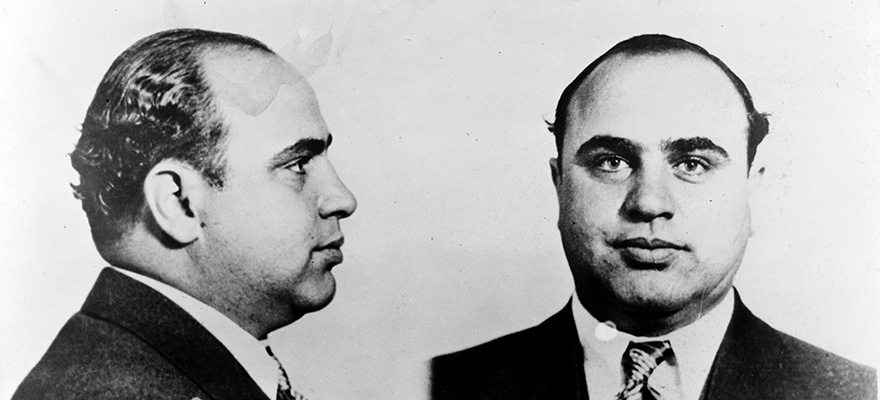The millions of e-mails, financial spreadsheets, and corporate documents that were leaked last week disclosed that many famous public figures, politicians, and executives used tax havens in different countries to cheat taxation. The tax havens include Luxembourg, the Seychelles, Panama and others.
Experts say that there are about $20 trillion in assets which are hidden in countries offering tax avoidance and confidentiality to bank account owners.
As for Swiss banks, they have been guaranteeing confidentiality since the French Revolution of 1789 for those who wanted to hide their money. Monaco started to offer such services from the time that casinos began to bring in enough cash to eliminate income tax in 1869.
Liechtenstein became a tax haven country in 1926, followed by Luxembourg in 1929 and the Bermudas in 1930, according to Ronen Palan, a professor at City University London, who is a specialist in studying tax avoidance and offshore finance.
Also, since 1934, it has been a crime for Swiss bank employees to disclose a customer’s information. Other countries criticized this decision, with warnings to sue citizens that opened bank accounts in Switzerland.
Despite this, the money of rich people started to move to Switzerland and to other countries that offered similar services, such as Liechtenstein and Uruguay.
In the 1880s, by the initiative of corporate lawyer James Dill, the state of New Jersey loosened its corporate disclosure rules. Even before this, huge companies like Standard Oil had moved to this state, preparing the ground for transfer pricing – a popular way to minimize taxation for the international companies by selling from subsidiaries to their parent organizations. Also, there is no need to travel far to hide assets as the list of tax haven territories includes US states like Wyoming and Nevada.
Some states like Oregon let people manage a company without providing identification. There are many situations where wealthy people can use this. For example, a Washington resident can establish a business in Oregon and buy a yacht and avoid ten percent sales tax in Washington.
So-called ‘shell companies’ usually have registration in states with few requirements for disclosing personal information and also they often have no assets and operations. According to the US Treasury, such companies are aimed at hiding the source and identity of owners who possess billions of dollars in assets.
Today, tax evasion is such a widespread phenomenon that it is impossible to make an estimation of amount lost in taxes, although the numbers are close to tens of billions of dollars each year.
The simplicity of avoiding taxes gives the wealthy the motivation to cheat taxation and also increases concerns over growing income inequality and lack of trust in the financial markets.





Be First to Comment